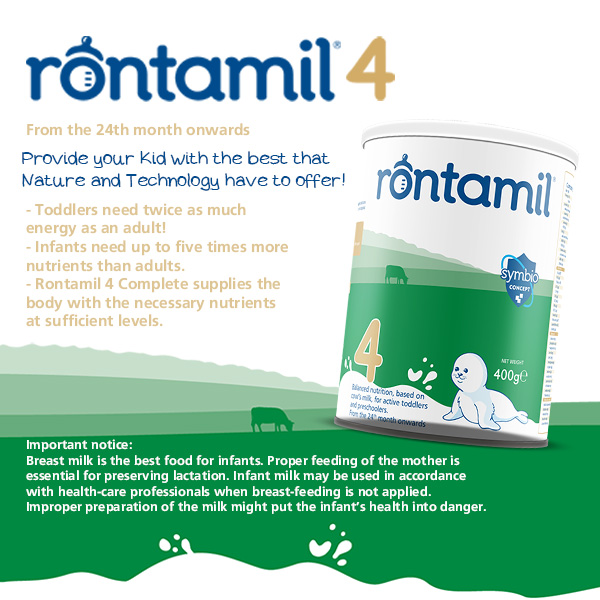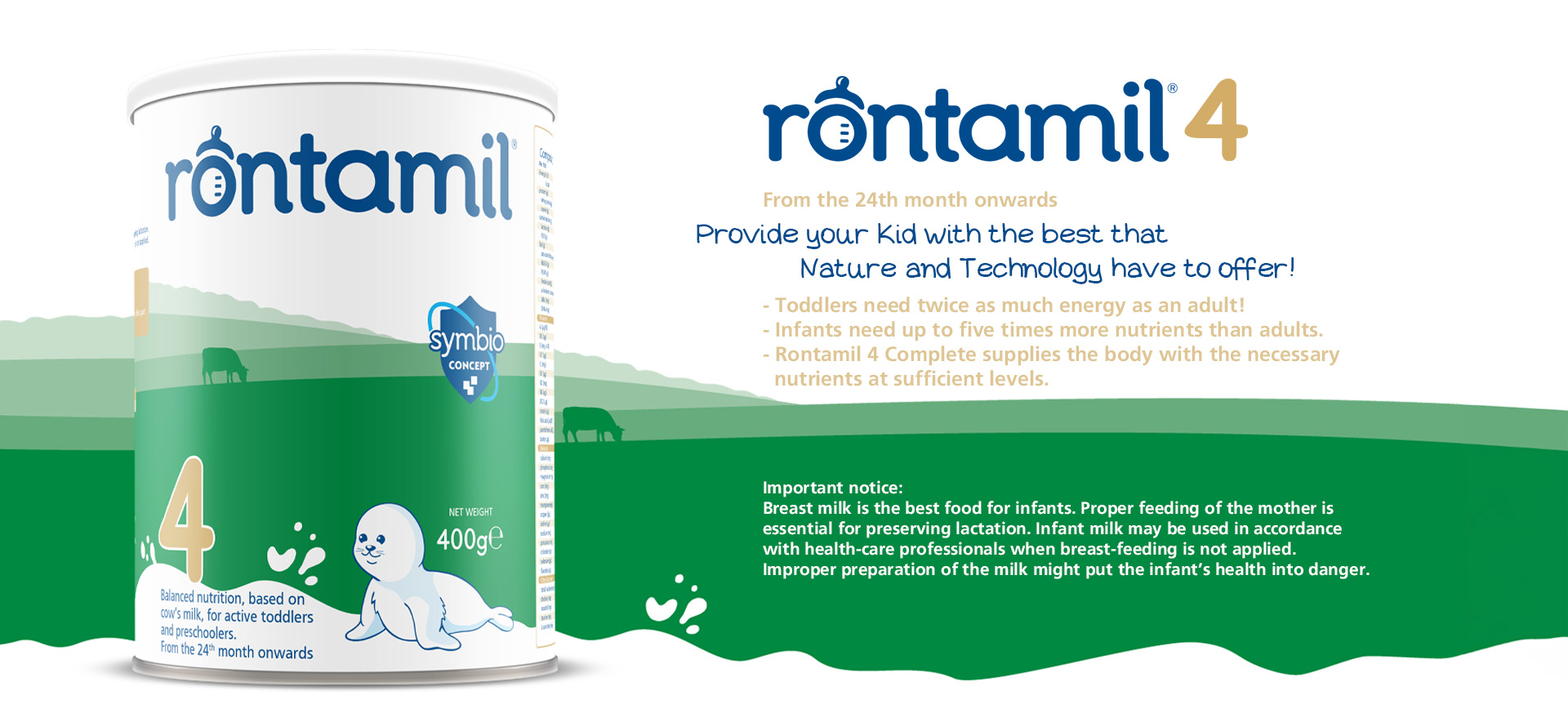Select your baby’s birth date or your due date.
Calendar
Constipation
Constipation is a common problem in children of all ages. An infant or child with constipation may have bowel movements less frequently than normal, hard bowel movements, or large, difficult, and painful bowel movements. Generally, constipation is defined more by what the bowel movements look like than how often they occur! Even if a baby defecates every day, if stools are hard then it is constipated.
The frequency, consistency and volume of feces vary depending on the infant’s age and nutrition. A neonate has commonly several bowel movements daily (up to one defecation after each meal), while as the baby grows up, the number of defecations/day usually decreases. Stool consistency is usually creamy in neonates and small babies, while gradually it becomes denser in older babies. In some cases, stools of babies may be hard or pellet-like irrespective of frequency, while in other cases, consistency is soft but defecations may be infrequent (1-2 defecations per week or every ten days). In both cases, babies suffer from constipation. Most common symptoms in cases of severe (or not) infantile constipation include recurrent episodes of discomfort, abdominal bloating, contraction of the baby’s thighs and flexion towards the abdomen, perianal irritation and anal fissure, even poor food intake and/or vomiting in cases of very severe constipation.
Most children with constipation do not have an identifiable underlying medical problem causing their symptoms, meaning that constipation is not due to an organic problem and can therefore resolve with changes in their diet.
Exclusively breastfeeding infants <4 months of age may have a wide variety of bowel movements number: from one defecation per week up to one defecation after each meal (8-12 times/day). Usually, stool consistency in breastfeeding infants (regardless of the frequency of bowel movements) is soft. When an infant shift from breast milk to a formula, it is quite probable to present solid stools. This must not be confused with functional constipation as it resolves within a couple of days and can be attributed to the baby’s gastrointestinal tract adjusting to this new food source (infant formula instead of maternal milk).
Nevertheless, before proceeding to a constipation treatment, it is very important to define the nature of the problem possibly remedying it with an appropriate diet after consulting the pediatrician!



